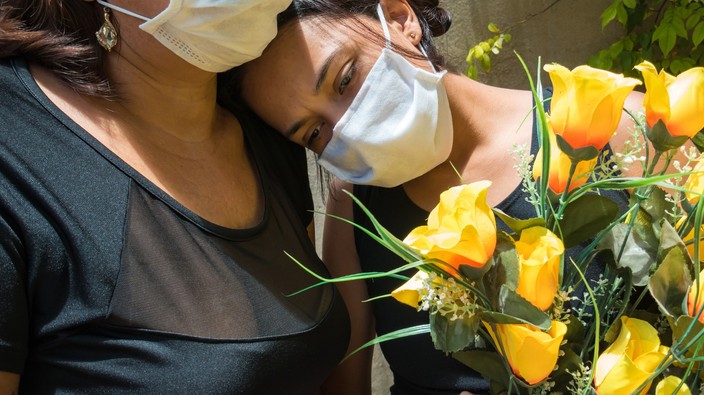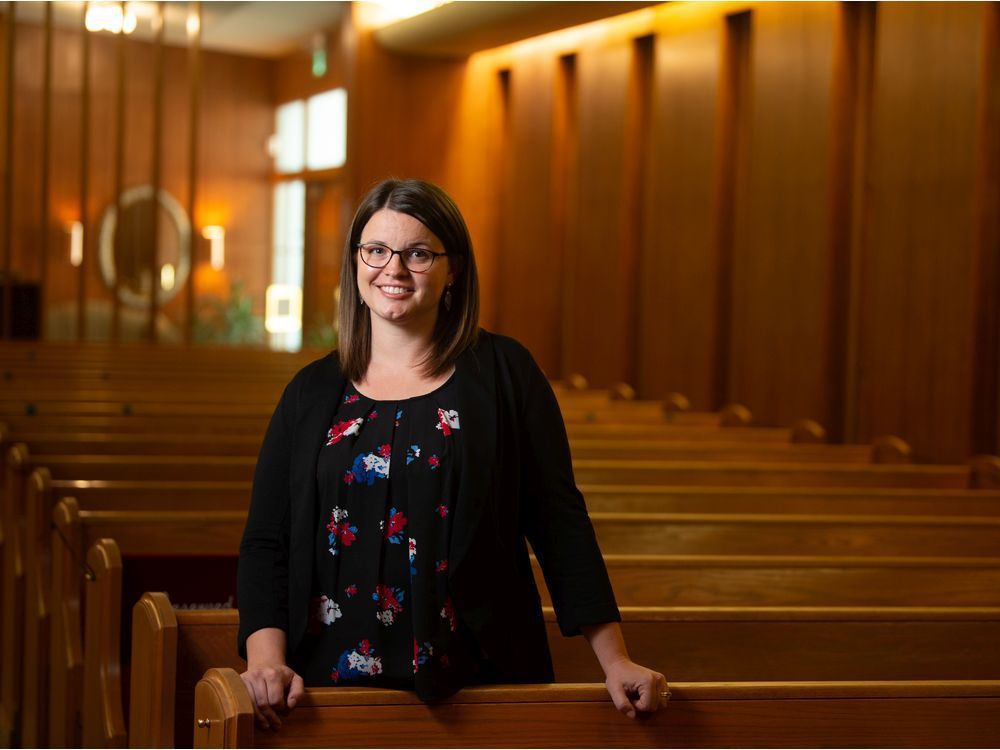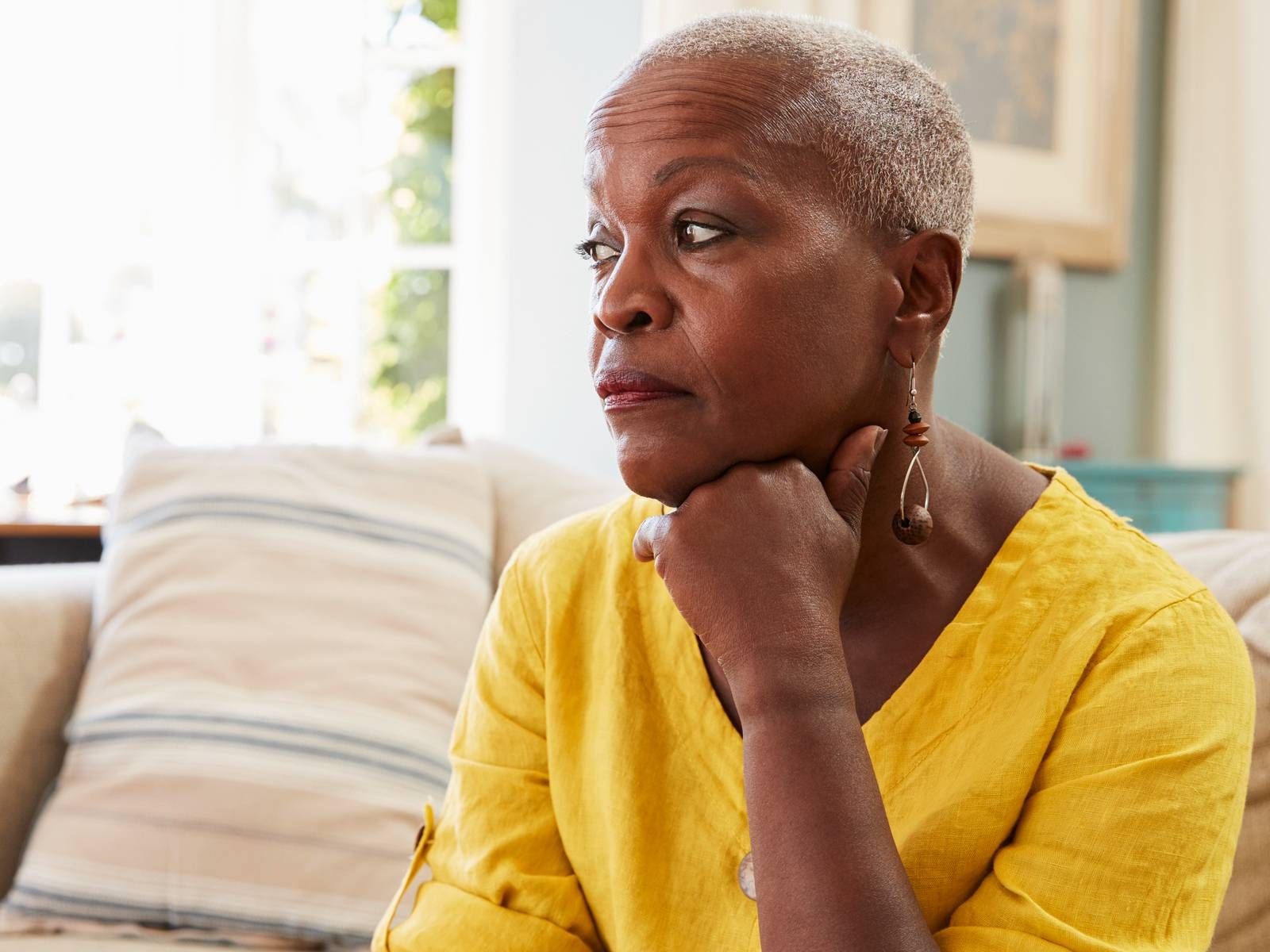restrictions are slowly being lifted. however, many individuals are still struggling, whether it’s those grappling with a personal loss, or those trying to guide them through the rituals of saying good-bye.
loss, grief and technology
for sarah-anne leblanc, a quebec-based funeral director and embalmer, video calls became an important part of the funeral planning process — much to the dismay of families, as well as the employees of the funeral home. and while virtual meetings offered a way to mourn at a time when in-person meetings were not allowed, the use of technology also created space between families and funeral home employees — a disconnect that many in the funeral business are not used to.
“how do you be there for families, when you can’t actually be there?” says leblanc. “when you can’t meet face-to-face, you don’t feel like you are doing your job properly.”
plus, the long wait times to consult with a funeral director frustrated families, she says. but there was just too much death to keep up with.
“it really got to us,” says leblanc. “there were just some points where my colleagues were like, ‘how many times have you cried today? only two? that’s good.’”
Éric laberge, a senior official at quebec’s groupe yves légaré, has also seen the strain of covid-19 restrictions on clients.
 3 minute read
3 minute read









